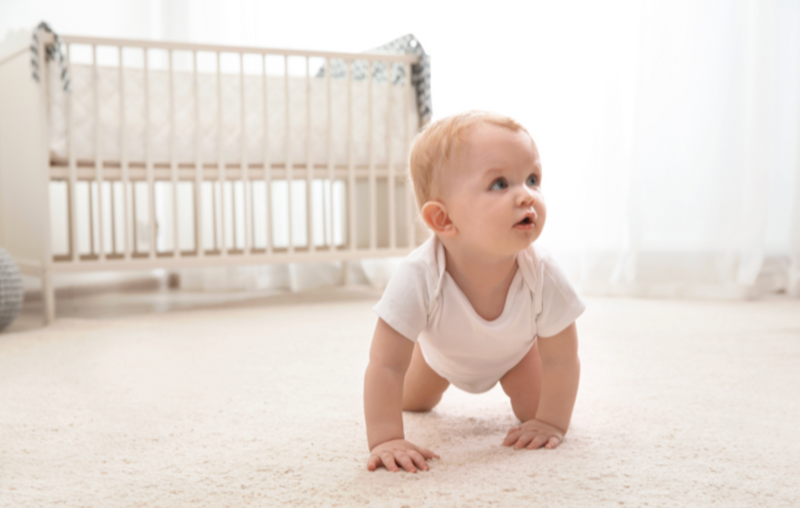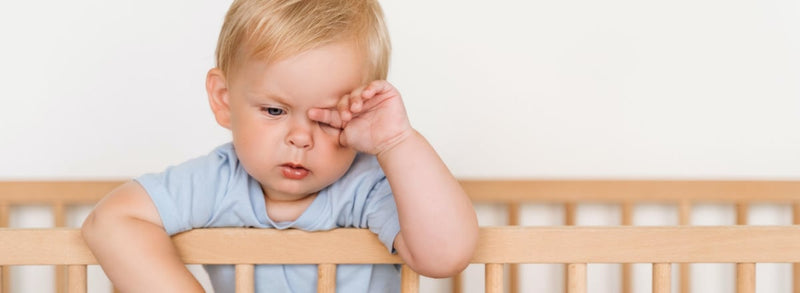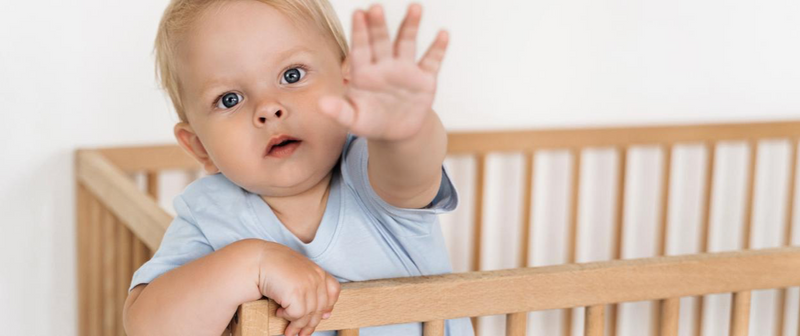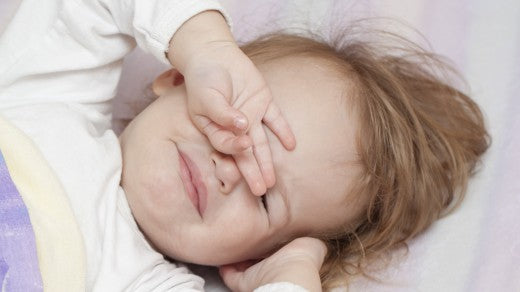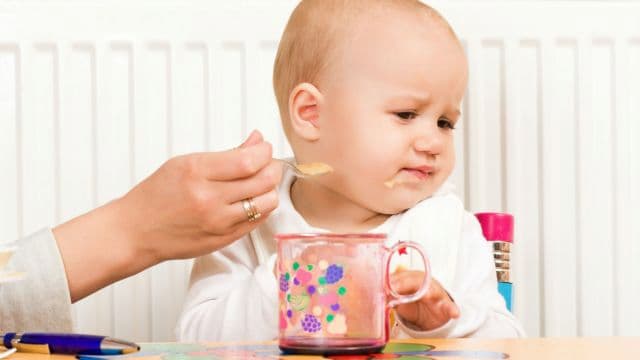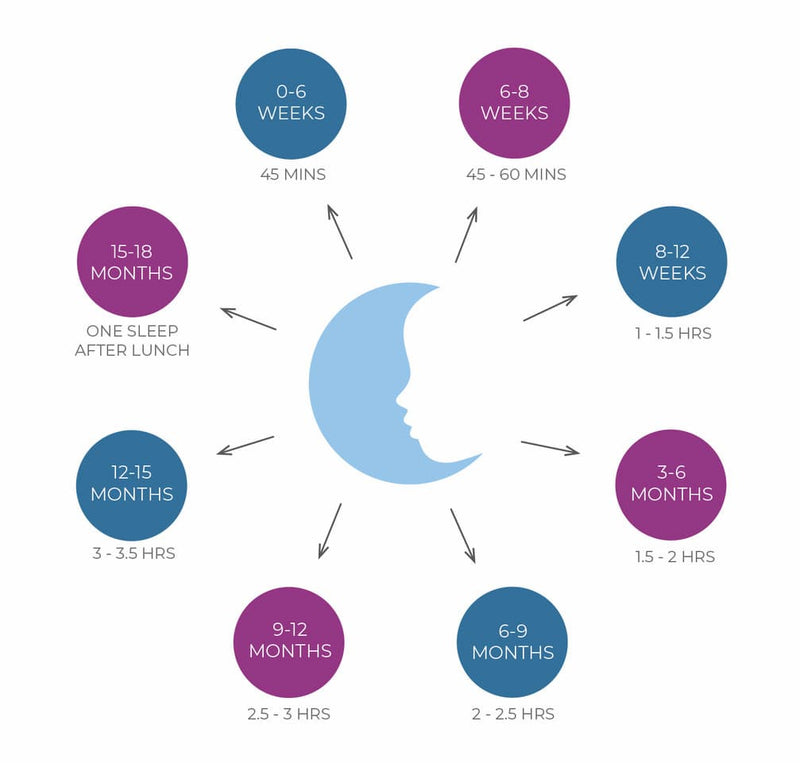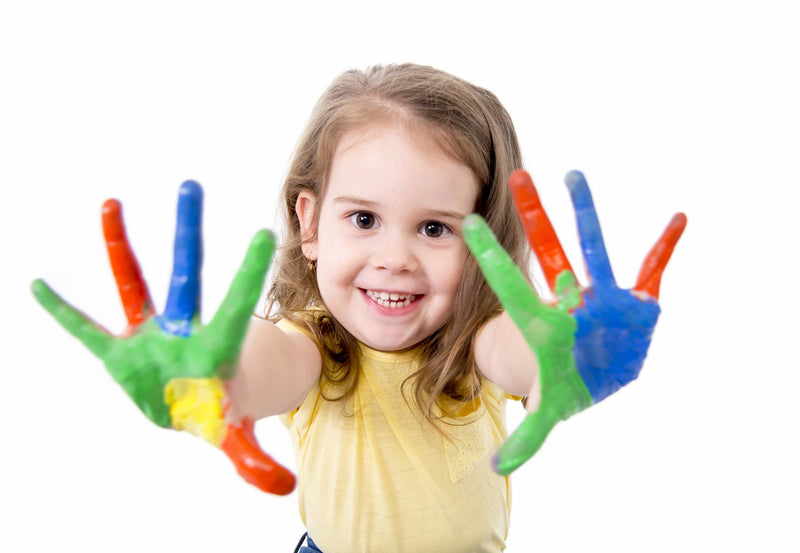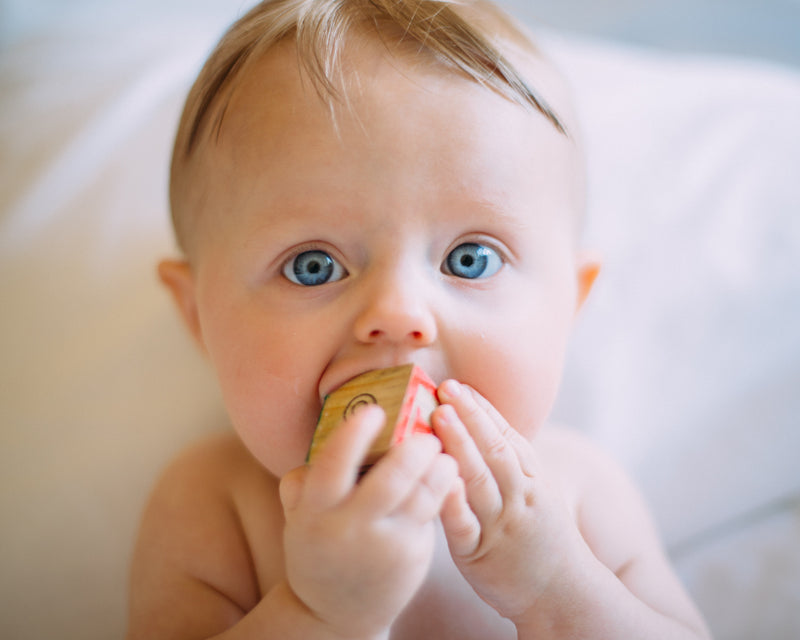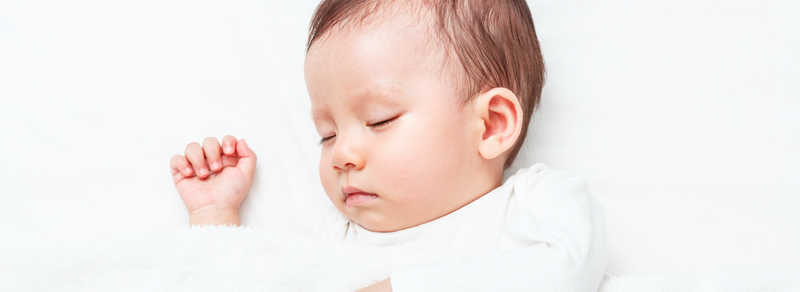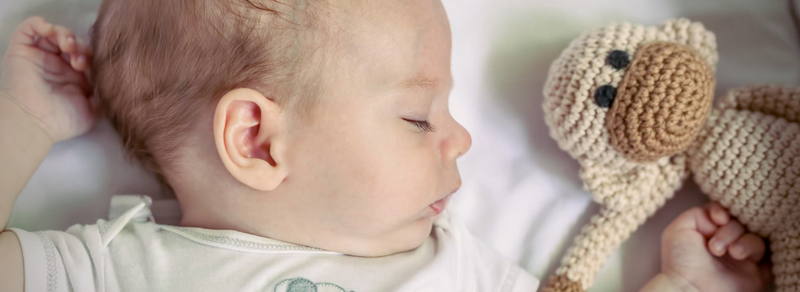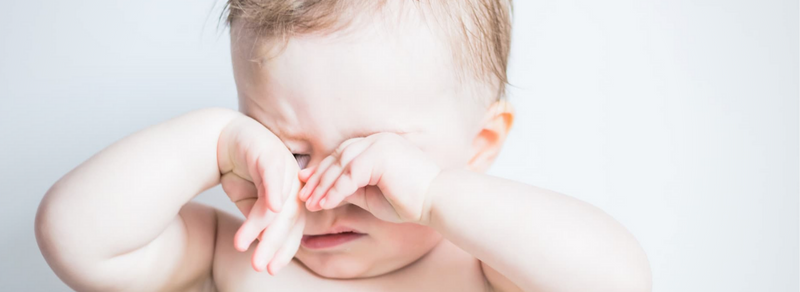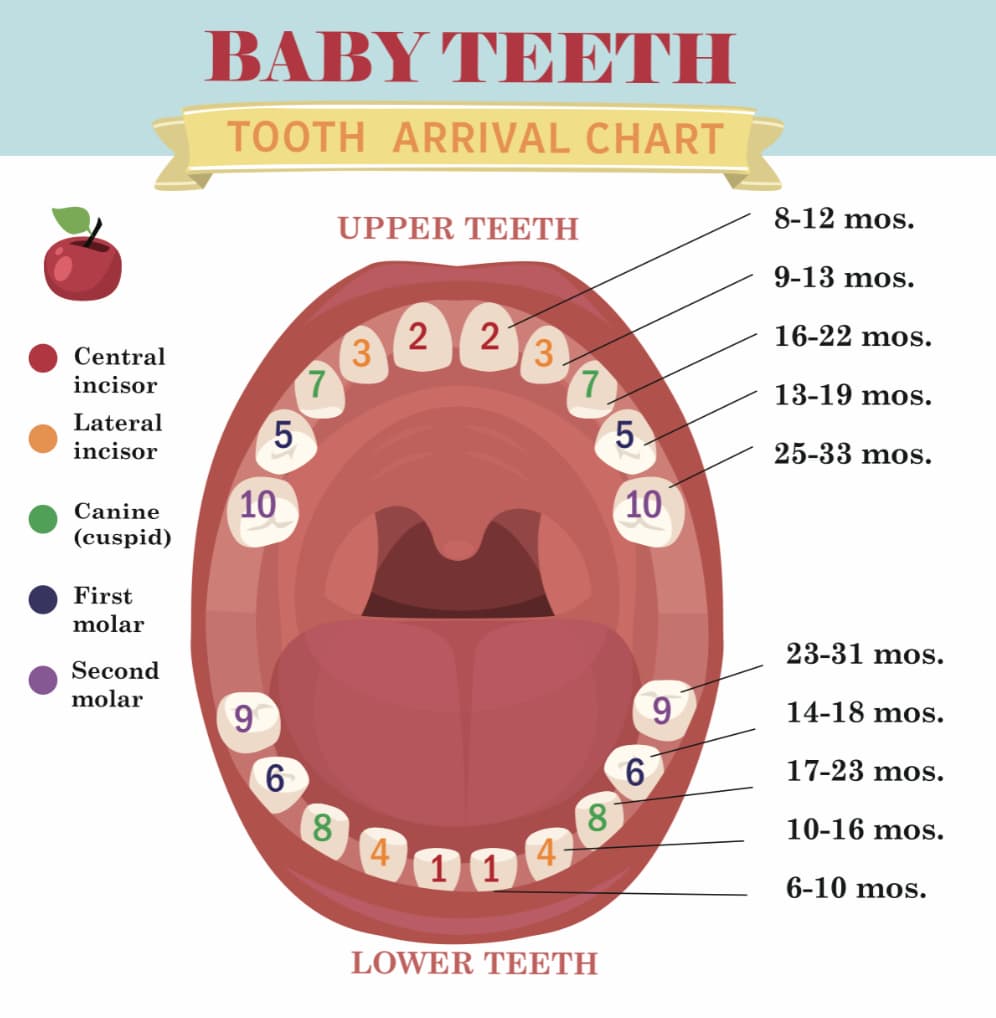
How Teething Affects Baby's Sleep
In my experience as a paediatric sleep specialist and a mother of two; I can tell you that each and every child I have worked with has experienced some degree of sleep regression whilst teething.
One of the most common hurdles in early parenthood is the teething phase, which can disrupt a baby's sleep patterns. Teething is a natural and necessary developmental milestone, but its effects on a baby's sleep can be quite profound.
In this email, we will explore how teething impacts a baby's sleep and provide some tips to help parents navigate through this challenging phase.
Understanding Teething
Teething is the process by which an infant's first teeth erupt through the gums. This usually begins between the age of 4 - 7 months and can continue until the age of 3.
The discomfort of teething is primarily due to the pressure exerted by the growing teeth against the gums, which can lead to inflammation, tenderness, and discomfort.
As a result, babies often experience irritability and changes in behaviour, and one area that's significantly affected is their sleep.
The Baby Sleep Magic App will help your baby sleep better within days or your money back, Download today on a 3-day Free Trial
The Teething-Sleep Connection and the effects on sleep
1. Pain and Discomfort
Teething can cause pain and discomfort, particularly when babies are lying down. This discomfort can intensify when they're trying to fall asleep, making it harder for them to settle. Teething discomfort can also lead to catnapping, general unsettledness of wakefulness at sleep times, along with early rising and difficulty settling back to sleep.
2. Increased Irritability
Babies who are teething might become more irritable and fussy, especially during the night. This can make it challenging for them to calm down and fall asleep peacefully.
3. Gum Sensitivity
Babies' gums can become swollen and sensitive during teething. This can lead to a greater tendency for them to wake up throughout the night to seek comfort.
4. Altered Feeding Patterns
Some babies might change their feeding habits during teething. They may nurse or bottle-feed more frequently for comfort, leading to disrupted sleep schedules.
Signs and Symptoms
- Red swollen gums
- Loss of appetite
- Flushed cheeks
- Dribbling/drooling
- Chewing or biting on everything
- Pulling at ears
- Nappy rash
- Runny stools
- More frequent bowel movements, (including nap times and in the middle of the night)
- Increased clinginess, irritability and crying
- Rash on face and/or chin
The Baby Sleep Magic App will help your baby sleep better within days or your money back, Download today on a 3-day Free Trial
Tips for Managing Sleep Disruptions During Teething
While the teething phase can be challenging, there are several strategies that parents can employ to help ease their baby's discomfort and promote better sleep:
1. Teething Toys
Providing safe teething toys for your baby to chew on can help alleviate gum discomfort and distract them from the pain.
2. Cold Compresses
Chilled/frozen teething rings or damp washcloths placed in the refrigerator can offer relief to sore gums.
3. Gentle Massage
Gently massaging your baby's gums with a clean finger can help soothe their discomfort.
4. Pain Relief
Consult with your health care provider about using over-the-counter pain relief options suitable for your baby's age. Make sure to follow the recommended dosage. Offering your baby pain relief 20mins prior to bedtime can be beneficial.
5. Comforting Bedtime Routine
Establishing a calming bedtime routine can help signal to your baby that it's time to wind down. This routine could include activities like reading a book, dimming the lights, and gentle rocking.
6. Cuddles and Comfort
During teething episodes, your baby might need extra cuddles and comfort Aim to offer as much comfort as you need to - But as less as possible!
7. Stay Patient
Remember that teething is a temporary phase, and your baby's sleep patterns will likely return to normal once the teething discomfort subsides.
Lastly, it’s important to remember teething is an inevitable phase in a baby's life that can bring about various challenges, including disruptions in sleep patterns.
Understanding the connection between teething and sleep, along with implementing strategies to alleviate discomfort, can help you navigate through this testing time.
By providing comfort, care, and a whole lot of patience, parents can help their little ones get the rest they need to grow and thrive, even during the teething phase!
The Baby Sleep Magic App will help your baby sleep better within days or your money back, Download today on a 3-day Free Trial



